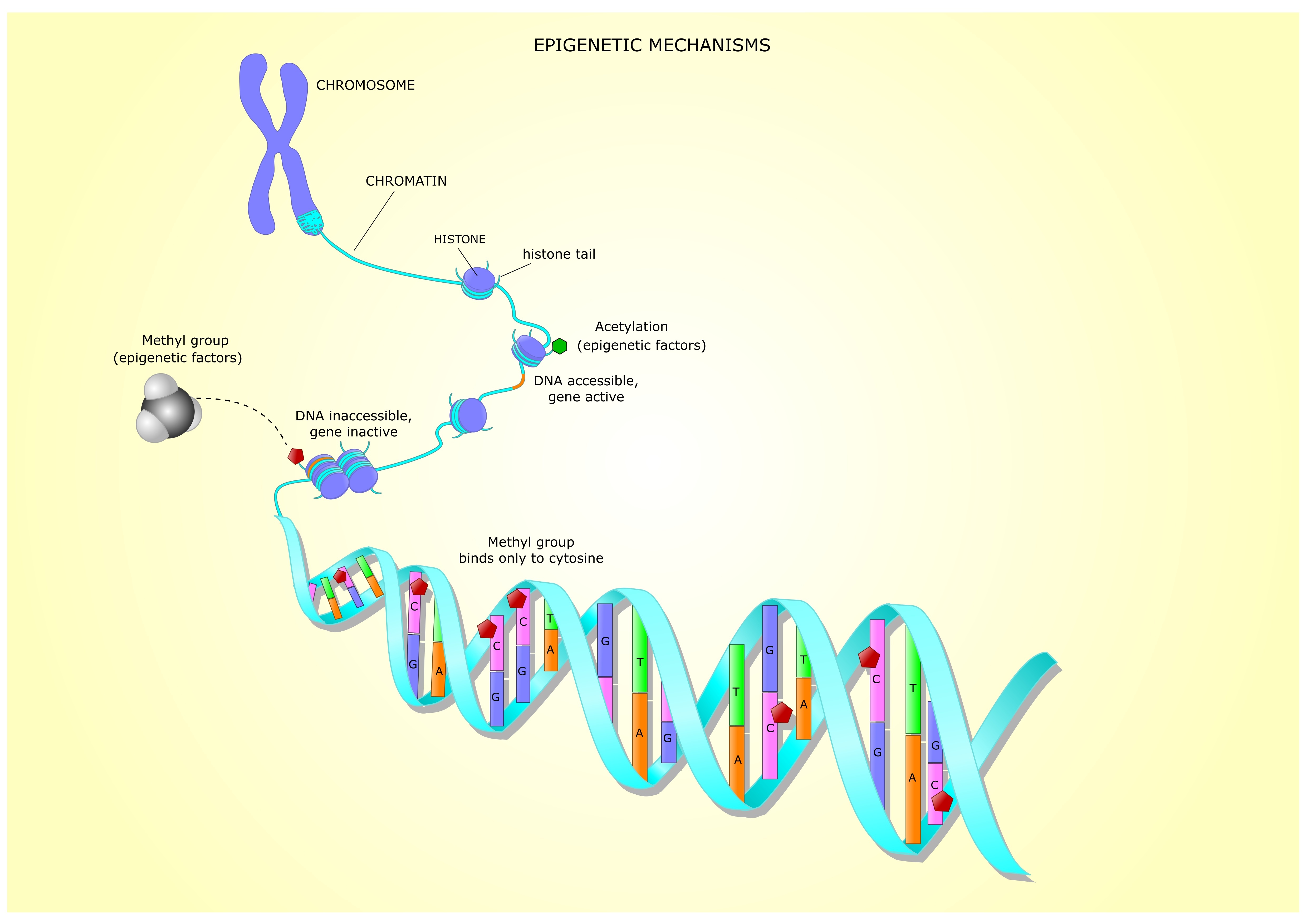Foliates are of great biological importance for the proper functioning of the body. First of all, they provide one-carbon residues in the processes of nucleic acid synthesis, proteins or amino acid conversions. They are necessary for the production of a protective myelin sheath on nerve fibers. They protect the fetus from the occurrence of congenital neural tube defects. The intensely dividing tissues - marrow and fetal tissue - have a particularly high demand for folate. Thus, folate deficiency can result in serious disturbances in the body. Currently, a popular way to supplement deficiencies is supplementation with folic acid. it's a synthetic compound and very inexpensive to produce.11
High dose of folic acid - overview of case study
The safety of regular high-dose folic acid has not been clearly resolved. A discrepancy in the effects of this substance is observed. Experimental studies indicate a positive effect of folic acid on the body provided that no simultaneous carcinogenesis occurs. If there are neoplastic changes, folic acid potentially contributes to the promotion of carcinogenesis!

Recent research puts folic acid in an unfavorable light.
The Chicago Health and Aging Project (CHAP) is a project of long-term research into common, chronic diseases occuring at old age. In a six-year study on the influence of folic acid on cognitive processes, 3,718 people aged over 65 participated. The results of this study showed a statistically significant relationship between the high supply of folic acid and the acceleration of cognitive performance impairment. The greatest deterioration of cognitive functions was observed in the group supplementing folic acid in excess of 400 μg / d.
Folic acid in older people supplementation
This surprising discovery forces researchers to further research on the cognitive consequences of folate supplementation by older people.
Additional concern about the safety of folic acid is provided by studies on the effect of this compound on the immune system. A cross-sectional study was carried out involving 104 healthy postmenopausal women (> 60 years). During the supplementation in the plasma of the examined women, unmetabolized 78% folic acid (pharmacologically inactive) was detected. The presence of unmetabolized folic acid reduces the activity and cytotoxicity of NK (Natural Killers) cells, which may contribute to the promotion of carcinogenesis.
MTHFR Polymorphism

The limited ability to metabolize high doses of folic acid is most likely caused by the polymorphism of the dihydrofolate reductase (DHFR) gene, which reduces folic acid to active tetrahydrofolate (THF). This step is crucial for the inclusion of folic acid in the folate metabolism.
The next metabolic pathway, and for many people - a barrier, is the reaction of THF to 5-MTHF transformation under the influence of methylenetetrahydrofolate reductase (MTHFR), whose genes also often show polymorphisms. The polymorphism of the MTHFR gene implies an ineffective conversion of folic acid and the inability to optimally remethylate homocysteine. This results in the induction of neurodegenerative processes, the occurrence of problems with pregnancy reporting and fetal defects, the increased risk of autoimmune diseases and a number of other dangerous effects.
Conclusion
It's estimated that the polymorphism of the MTHFR gene occurs in 30-40% of the European population. Therefore, considering your own health, it's worth eliminating supplements containing folic acid, and reaching for the safe methylated forms that directly enter the cyclin conversion cycle.







One Comment